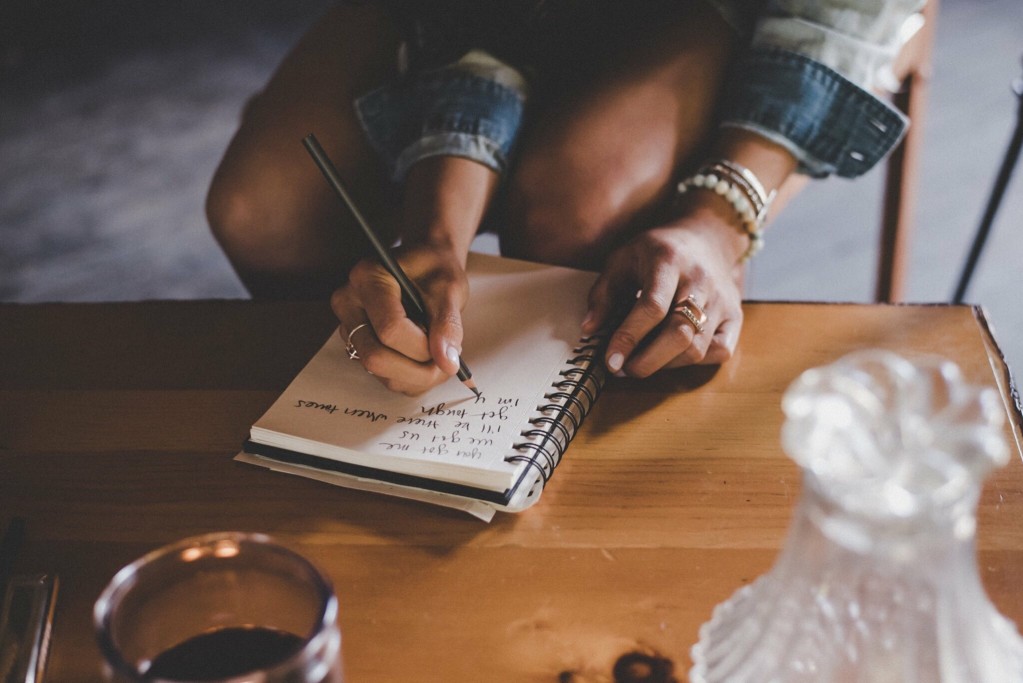What Should I Bring When I See My Estate Planning Lawyer?
When someone makes an appointment with me to discuss their will and trust (or lack thereof), they almost always ask what to bring with them to the estate planning meeting. Sometimes they will bring an entire box (or two) full of various documents, just to make sure they didn’t leave something behind that might be important. To save you some anxiety (and back pain), here are the things that I ask for, and that I assume are typical of most estate planning lawyers:
Your existing estate plan. If you have already created a will and/or trust, it’s important to bring them with you to the meeting. At a bare minimum, the lawyer will want to review them to see what changes might be necessary. If you decide to amend (or even revoke) the trust, the lawyer will also need to find the section of the trust that allows you to amend or revoke, and reference that in the new document.
Your financial statements. Your financial situation – how much money you have and what debts you owe – is an important factor when deciding how to structure your estate plan. If you have a taxable estate (i.e. you’re worth enough money that the government wants a piece of it after you’re gone), then there are steps you can take to minimize the amount of taxes owed. If you have a lot of debts or are worried about unknown creditors, there are special trusts that can protect your estate, at least to an extent. You may not need a trust at all if the value of your estate is low enough (hint: if you own a house in California, that’s probably not you). All of this can be determined by looking at your financial statements – bank account statements, investment statements, tax returns, et cetera. Receipts and W-2’s can stay at home.
Your Grant Deed(s). If you own a home or any real property, it is helpful to bring the Grant Deed with you. You will very likely want to put your house into a trust in order to avoid probate – that’s when the government oversees the distribution of your estate, and it’s required in California when your estate is worth more than $166,000 (as of January 2020). Putting your house into a trust takes the house out of the estate, so you keep your estate below that threshold. In order to put your house into the trust, though, your lawyer will need information from your current Grant Deed to create the new one. But don’t stress if you can’t find your Grant Deed – it’s a public record, so the lawyer can get a copy if needed. Bringing it with you just saves them an extra step.
Your spouse. If you’re married, the lawyer will want to talk to both of you as part of the estate planning process. The lawyer wants to make sure that both of you are in agreement, and there are no issues with undue influence or lack of capacity – in other words, that you are both of sound mind and one of you isn’t pushing the other into something they don’t want. Also, don’t assume that your spouse doesn’t care and is fine with whatever you decide – I’ve had occasions where one spouse thought that, and it turned out the other spouse had very strong opinions on the subject. Save yourself the marital discord and find a time that works for both of you.
And that’s it! If you have all of these with you when you come to your meeting, you should be well prepared.
But what about forms? Some lawyers have forms or intake sheets for the initial meeting, and some don’t. If they want you to fill something out before the meeting, they will tell you. When in doubt, it never hurts to ask.
If you have questions about dealing with an opinionated spouse, I can’t help you. But I can help you with any questions about what to bring to your meeting. Please feel free to email me at kaway@kawaylaw.com.


